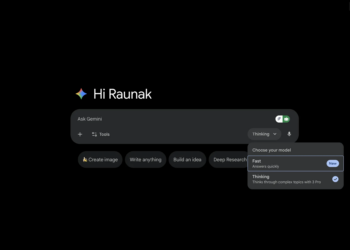After more than two decades of revolutionising how we connect, Microsoft’s Skype has officially shut down as of May 6, 2025. This marks the end of an era for the once-iconic internet calling and messaging service that changed the way millions communicated worldwide.
Table of contents

🚨 SKYPE SHUTTING DOWN?! Reports Claim End of an Era for VoIP Pioneer on May 6, 2025!
The Rise and Fall of Skype: A Brief History
Launched in 2003, Skype quickly became synonymous with internet-based voice and video calls. It was a trailblazer in popularizing VoIP (Voice over Internet Protocol) technology, allowing users to make free or low-cost calls across the globe. For many, Skype was their first experience talking to someone halfway across the world without expensive long-distance charges.
Microsoft’s acquisition of Skype in 2011 for $8.5 billion was a landmark deal, reflecting the platform’s massive influence. At its peak, Skype boasted over 300 million monthly active users, dominating the market and becoming a household name.
Why Did Skype Decline?
Despite its early success, Skype’s relevance steadily declined over the years. By 2023, its active user base had shrunk to around 36 million, overshadowed by competitors like Zoom, WhatsApp, and Microsoft’s own Teams platform. Teams, in particular, surged ahead with 320 million monthly users, becoming the preferred choice for business and personal communication.
Several factors contributed to Skype’s downfall: frequent and confusing UI changes, reliability issues, and a shift toward enterprise features that alienated casual users. Additionally, Skype struggled to keep pace with newer platforms that offered smoother experiences and better integration, especially during the COVID-19 pandemic when video calling demand skyrocketed.

Microsoft’s Strategic Shift to Teams and AI
Microsoft’s decision to retire Skype aligns with its broader strategy to focus on Teams, which now incorporates advanced AI features to enhance collaboration and communication. Rather than layoffs, Skype’s development team is being reassigned to other projects within Microsoft, signaling a shift in priorities toward innovation and integration.
Existing Skype users were given until May 5, 2025, to migrate their data and contacts to Teams or explore alternative services. While Skype as a product is gone, its legacy lives on in the VoIP technology it helped normalize and the foundation it laid for modern communication tools.
What Skype Meant to the World
Skype was more than just an app; it was a cultural phenomenon that democratized global communication. It broke down barriers, connected families, friends, and businesses, and introduced many to the possibilities of the internet. Its pioneering work in real-time language translation and VoIP technology paved the way for today’s seamless digital conversations.
Final Thoughts
The shutdown of Skype is a poignant reminder that even the most beloved tech giants must evolve or fade away. While Skype’s brand recognition was strong, it wasn’t enough to keep the platform competitive in a rapidly changing digital landscape. For users and tech enthusiasts alike, Skype’s story is a case study in innovation, disruption, and the relentless pace of technology.








